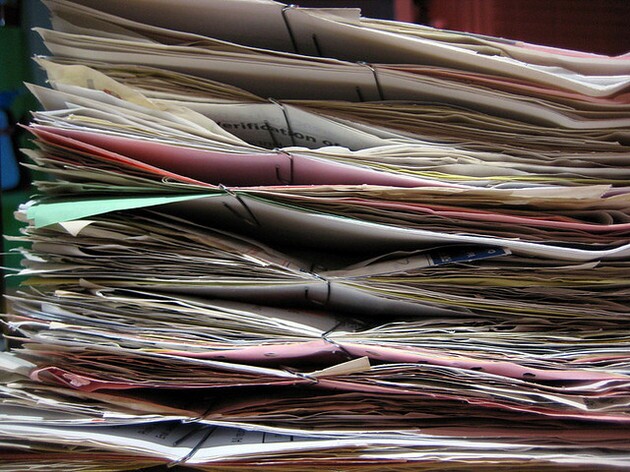Bill Would Make Environmental Impact Reports Easier to Find

An Inland Empire lawmaker is backing legislation aimed at making the paper trail of records connected with environmental impact reports easier to find and follow.
Sen. Richard Roth, D-Riverside, along with Senators Jerry Hill, D-San Mateo, and Hannah-Beth Jackson, D-Santa Barbara, on Thursday introduced Senate Bill 122, which calls for modifications in the state Public Resources Code to improve the management of California Environmental Quality Act documents.
"For Inland Southern California, ensuring the CEQA process is more efficient is critical to sustaining economic development in a responsible and informed manner," Roth said.
Under CEQA, developers with projects that may alter landscapes, affect wildlife habitat, degrade water and air quality, delay traffic, or pose any other potentially significant problem are required to draw up environmental impact reports, in cooperation with public agencies. Counties and cities with projects in the works must also meet CEQA requirements.
According to SB 122, keeping track of the reams of documents generated as actions are taken during the EIR process has proved difficult.
The bill specifies that the lead government agency in the process maintain a comprehensive "record of proceedings" that would be accessible to all the parties involved, upon request, within 60 days. However, a court could grant multiple extensions if it's determined more time is needed -- or it could impose sanctions on the agency for not producing the record on time.
All costs associated with preparing a record of proceedings would be borne by the requesting party.
The proposed legislation also seeks to establish an "electronic database clearinghouse" that would contain EIR documents online for the parties involved, or the public, to access at any time.
According to the proposal, agencies should make all CEQA documents -- including the draft EIR -- available and downloadable from an Internet site five business days after they're certified.
"Based on input gathered over the last several months from key stakeholders, including businesses, attorneys, environmental groups, and local government groups, Senators Jackson, Hill and I are committed to making common sense modifications to CEQA that make the process more efficient while protecting all Californians," Roth said.
The bill is awaiting referral to a committee for further review.